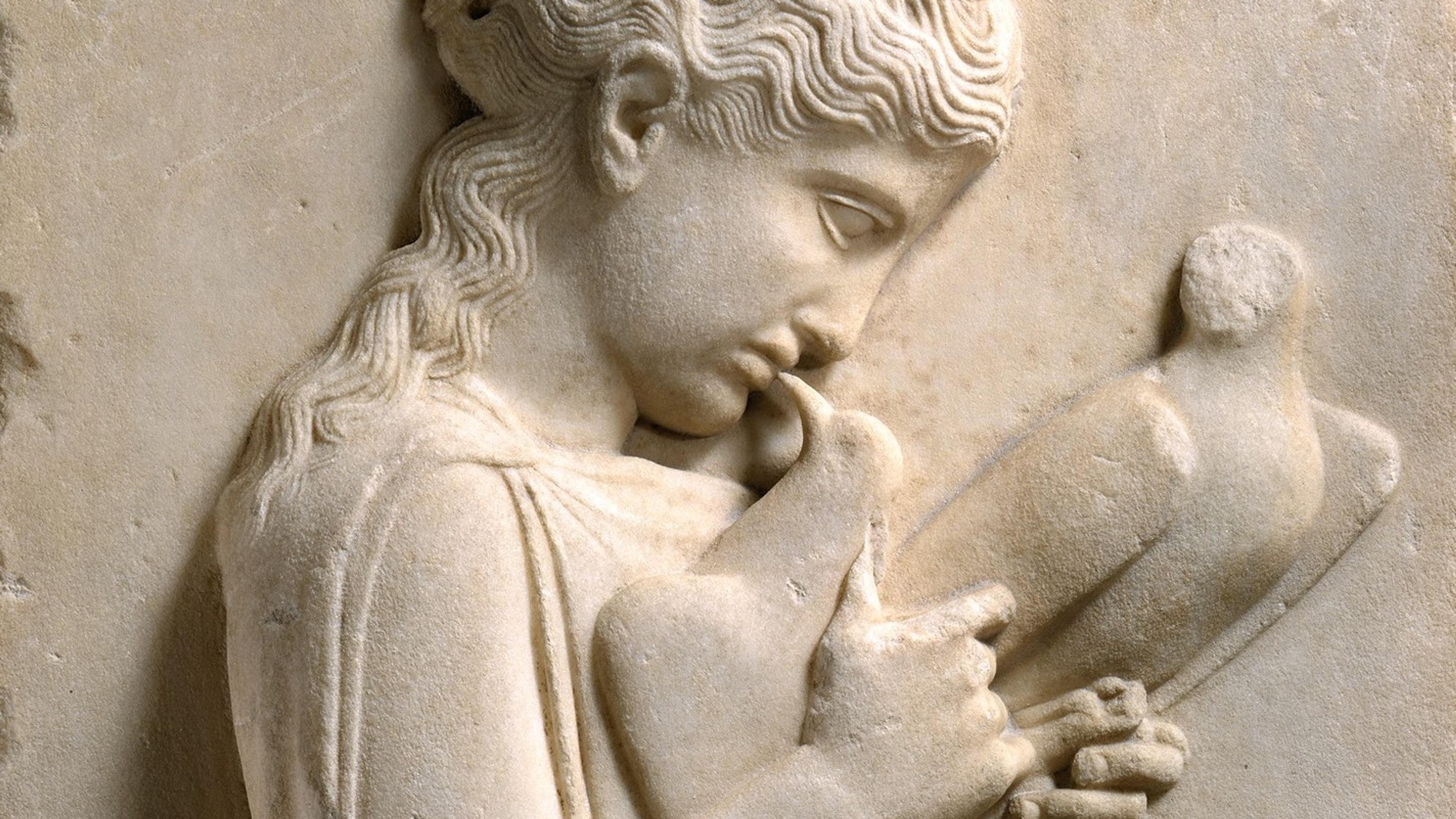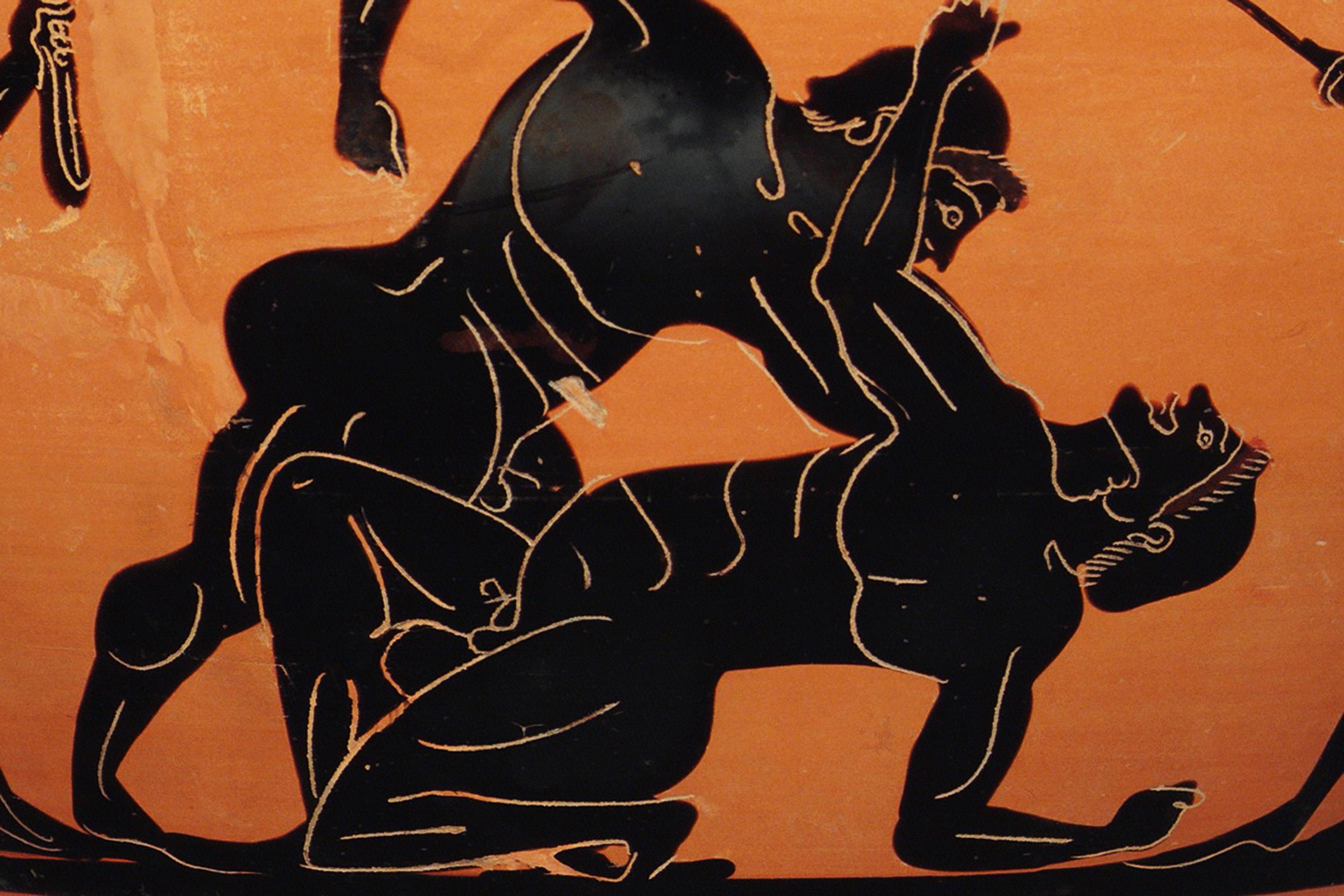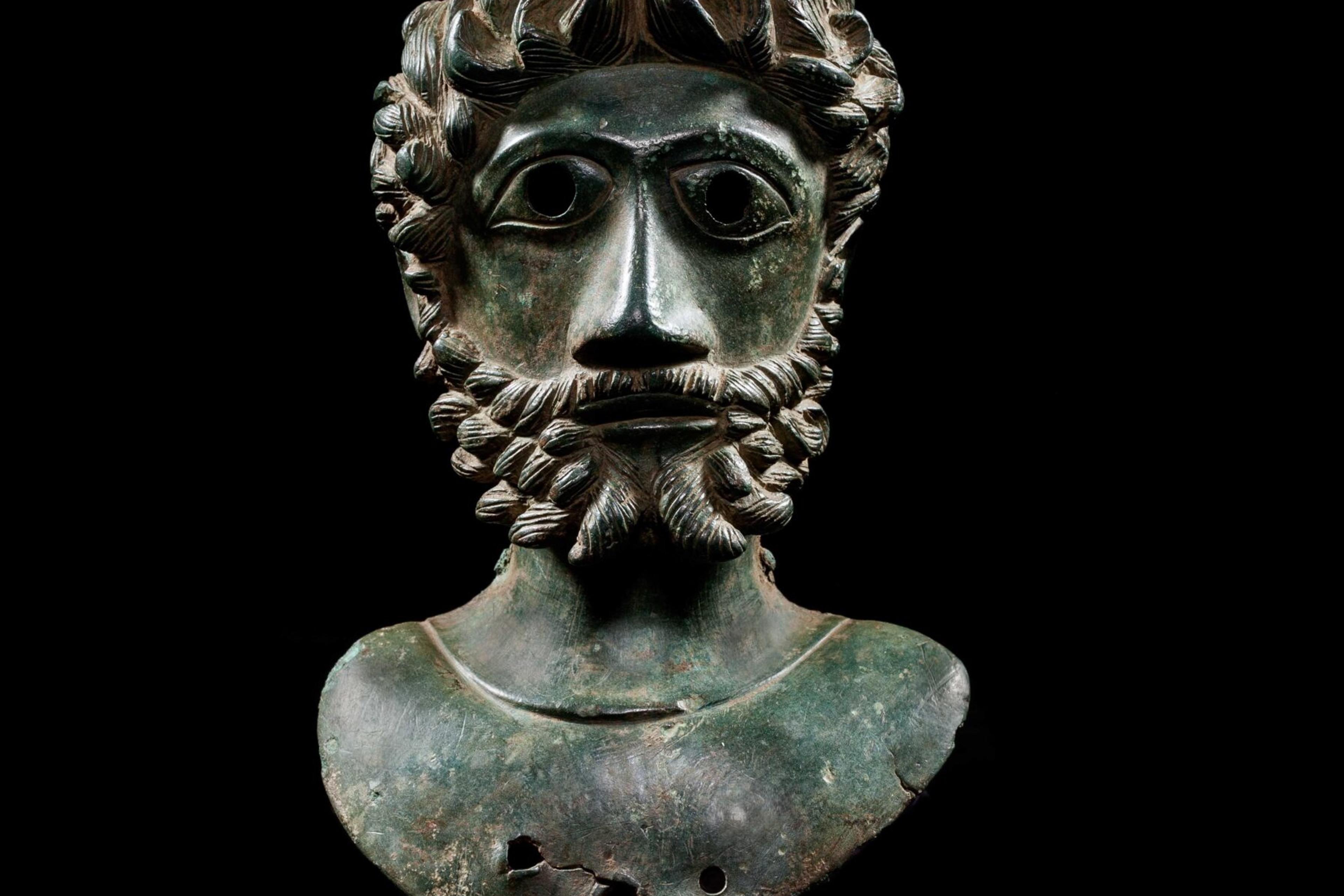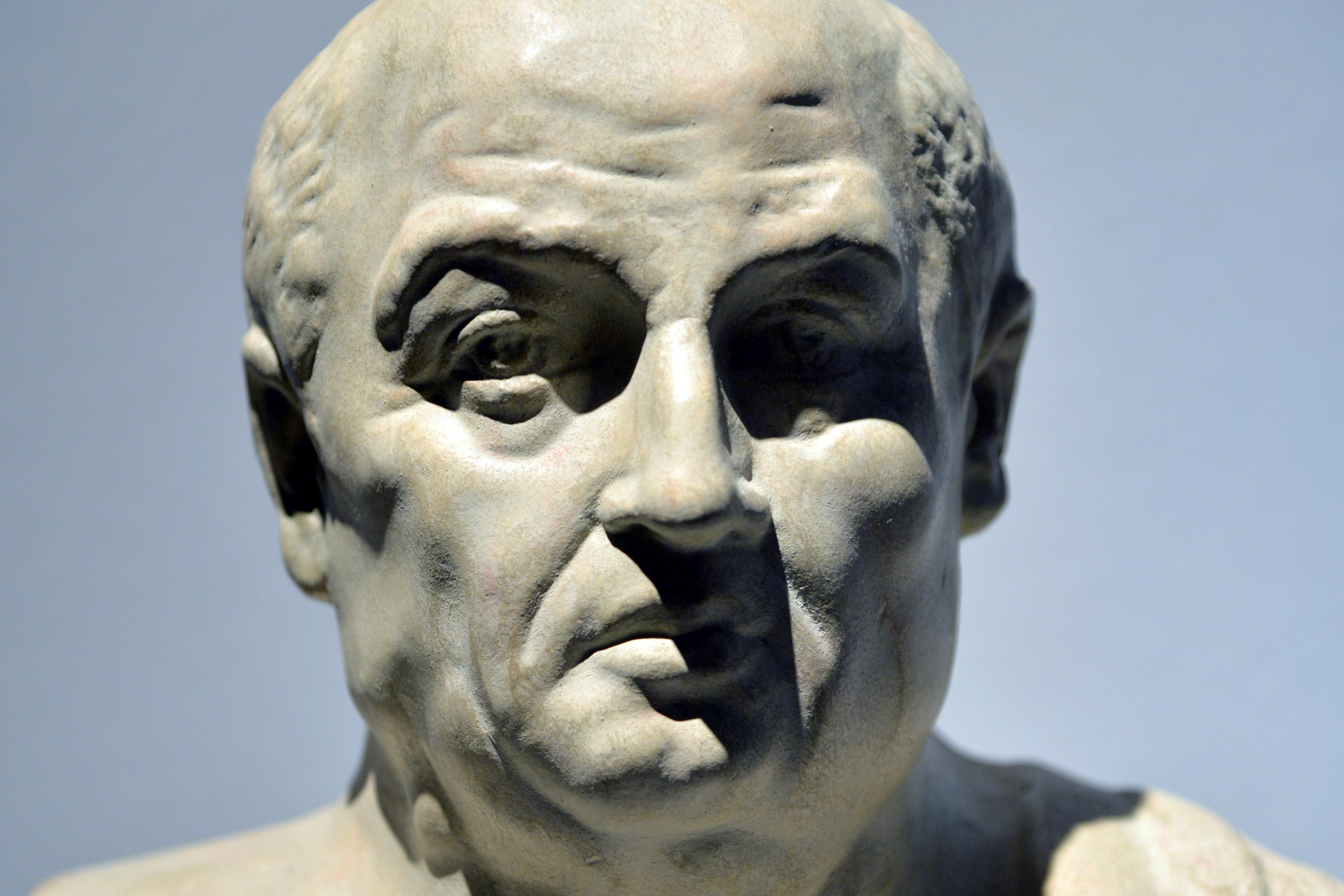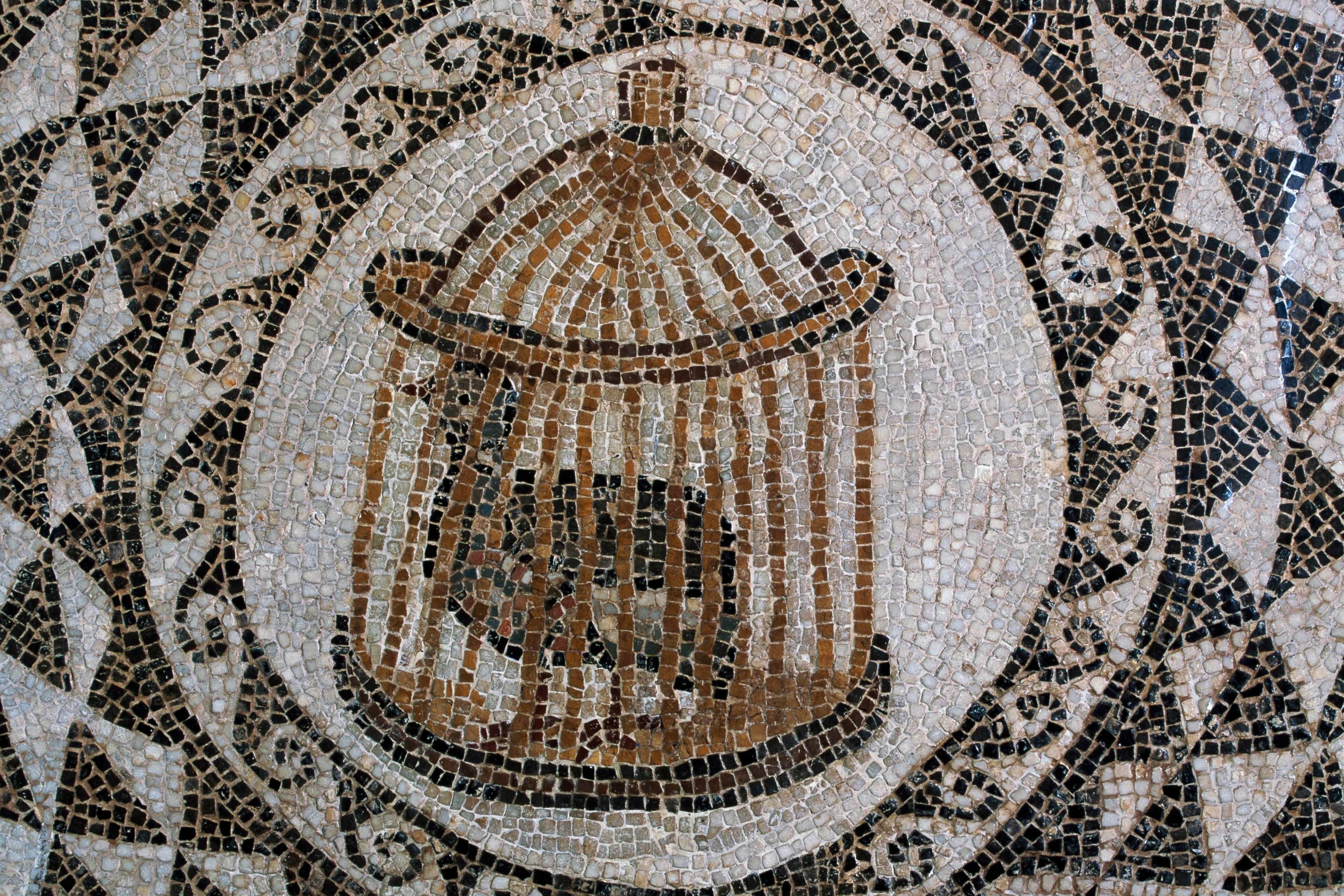According to the French philosopher Pierre Hadot (1922-2010), ancient philosophy was something that had to be practised at each instant, and the goal of which was to transform the whole of the individual’s life. ‘Real wisdom,’ Hadot observed, ‘does not merely cause us to know: it makes us “be” in a different way.’
Central to Hadot’s reading of ancient philosophy are what he termed ‘spiritual exercises’. The form of these exercises, described as ‘voluntary, personal practices through which we seek to change our way of being and of seeing the world’, varied greatly, but the goal was always consistent. One might read, write, converse with others or meditate but, in all cases, the practising philosopher seeks through these exercises to enter into a dialogue with oneself, to convince and persuade oneself of some point, and to establish in oneself the strength to live according to its truth. These exercises required the sustaining nourishment of philosophical ideas, and they gave the practising philosopher the means through which to bring these ideas to life, embedding them into one’s way of being.
For the philosophers of ancient Greece and Rome, philosophy was supposed to transform our way of living because it was philosophy that provided the means by which humankind was to flourish, to live well and to avoid the troublesome emotions that disrupt the lives of many of us. For these thinkers, philosophy was therapeutic, the discipline that could help us rid ourselves of the unnecessary suffering and anxiety that results from our misguided way of seeing and understanding the world.
For the likes of Socrates, the Stoics, the Epicureans or the Cynics, much of human suffering resulted from what they saw as faulty judgments. These erroneous judgments, they suggested, lead us to value things – money, prestige, material comfort and so on – in ways that can impede true happiness. Similarly, they lead us to feel negative emotions – sadness, anger, jealousy and others – over things not worthy of such feelings. It was the task of philosophy to help us address such errors, and to change our way of living as a result.
To live well, our focus must shift from the external goods we imagine will bring us happiness and on to ourselves: the judgments we make, the way we behave, the things we pursue, and what we value. In broad terms, contemporary psychological research on wellbeing lends support to these ideas. While an increased income has a hugely significant impact on wellbeing when an individual doesn’t have enough to meet the basic requirements of life, adding additional wealth or comfort beyond the point at which basic needs have been comfortably met has been shown to have surprisingly little impact on our wellbeing. What research in psychology tells us is that, to the extent that our wellbeing can be influenced, it’s most reliably done by working on aspects of our inner worlds and behaviour. While external goals towards wealth or popularity seem never to be truly satisfied or realised, learning to adopt a more optimistic, social, grateful, compassionate and flexible outlook on life is associated with meaningful improvements in life satisfaction and wellbeing.
Ancient philosophers anticipated such findings. However, they also recognised that to shift our way of being and seeing the world in line with these goals was no small task. Culture and popular opinion lead us to believe that happiness and satisfaction can be bought, that more is always better, and that success carries more weight than integrity. To break out from this perspective and to live in accordance with the ideas of one’s philosophy requires continuous effort, and it’s here that spiritual exercises play a central role.
Let’s look at some examples. To encourage in himself an attitude of compassion and self-control, the Roman emperor and Stoic philosopher Marcus Aurelius describes a practice of preparing himself for the day ahead:
Say to yourself first thing in the morning: today I shall meet people who are meddling, ungrateful, aggressive, treacherous, malicious and unsocial. All of this has afflicted them through their ignorance of true good and evil. But I have seen that the nature of good is what is right, and the nature of evil what is wrong; and I have reflected that the nature of the offender himself is akin to my own…
In mentally preparing himself for the challenges he might face each day, Marcus readied himself to respond in a rational and temperate way. The exercise encouraged an attitude of compassion by reminding him that people’s transgressions can be explained by reference to their misguided understanding of what is good, bad or valuable in life, and it reminded him that he should never lose sight of the fact that just like the ‘offender’, he too is human, all too human.
Living out much of his life among the material excesses of the Roman court, Marcus describes a further exercise of mentally reducing things to their fundamental nature, so as to rob them of their allure:
How good it is, when you have roast meat or suchlike foods before you, to impress on your mind that this is the dead body of a fish or a bird or a pig; and again, that Falernian wine [the best at the time] is the mere juice of grapes, and your purple-edged robe simply the hair of a sheep soaked in shell-fish blood!
In such passages, it becomes apparent that the transformative force of such exercises lies not only in their content, but also in their expression and form. Across much of the Western world today, psychology and evidence-based psychological therapies rightfully lead the way as the fields best equipped to understand and ameliorate our suffering, or to promote our flourishing and happiness. However, the striking imagery, the concise and memorable expression, and the emotively persuasive style in which many of the ideas and exercises of ancient philosophy are presented means that they continue to have the potential to contribute meaningfully to supporting our attempts to live well.
Among the varied exercises we find throughout the ancient writings, others encourage more overt behavioural change in an attempt to promote good habits, and to change our way of thinking as a result. To prepare us for potential changes in fortune and to remind us not to place too much value on the superfluous luxuries of life while they’re present, both Epicurus and Seneca recommend living with little. For example, in Letter 18 of his Letters on Ethics, Seneca writes:
Set yourself a period of some days in which you will be content with very small amounts of food, and the cheapest kinds, and with coarse, uncomfortable clothing … A time when the mind is free of anxieties is the very time when it should prepare itself for adversity.
As such, these exercises adopt a range of techniques to support the practising philosopher to embody his ideas, and to embed them into his habitual ways of thinking and behaving. Another technique used widely by these thinkers had to do with expressing ideas in ways that could be easily brought to mind in the moments when they were needed. For example, to help us learn to think more flexibly, Epictetus reminds his students that every situation has multiple ways of being interpreted. Whether we see a problem to be solved or an immovable obstacle is up to us. In the Handbook, Epictetus states:
Everything has two handles … If your brother acts wrongly towards you, don’t try to grasp the matter by this handle, that he is wronging you, but rather by the other, that he is your brother and was brought up with you…
Again, relying on concise and memorable expression, Epicurus sought to support his followers to adopt an attitude of gratitude, by encouraging them to shift their focus away from those things they don’t have or truly need, and to focus instead on enjoying what is already theirs:
If you want to make somebody rich … don’t add to what he has, but take away his desire for more.
In expressing their thought in such ways, Epicurus and Epictetus encourage their followers to memorise and meditate on their ideas, until they become habitual ways of thinking and behaving. The practising philosopher might then begin each morning by contemplating the meaning of such phrases, or might bring them quickly to mind in moments where emotions or desires become overwhelming.
In our ongoing efforts to live well today, ideas such as the ones discussed here can continue to offer a valuable and moving resource. By reading, discussing and embracing the ideas and inspiration of these ancient philosophers, we provide ourselves with the nourishment from which our own spiritual exercises can be sustained.
